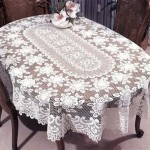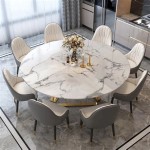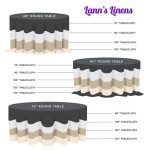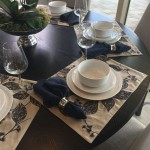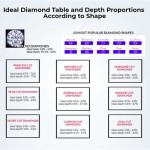Essential Aspects of Wood Base for Round Table Crafting: Creating the Perfect Looking Glass
Introduction
Crafting a round table demands precision and artistic flair, and the wood base plays a pivotal role in achieving the desired aesthetics and functionality. Whether you're an experienced woodworker or a novice enthusiast, understanding the intricacies of wood base construction will empower you to create a stunning piece that will be the centerpiece of your living space.
Choosing the Right Wood
The type of wood you select will significantly impact the durability, appearance, and longevity of your table base. Consider woods known for their strength and stability, such as oak, maple, or mahogany. These species offer excellent resistance to wear and tear, ensuring your table withstands the test of time.
Determining the Base Style
The style of the wood base will complement the overall design of your round table. Popular choices include pedestal bases with a central column, trestle bases with cross-legged supports, and apron bases that connect the legs to a center support. Each style offers unique aesthetic appeal, so choose the one that best aligns with your preferences.
Designing the Leg Structure
The legs of the wood base provide stability and add visual interest to the table. Consider the number, shape, and spacing of the legs. Tapered legs lend a modern touch, while curved legs exude a classical elegance. Optimize leg placement to ensure proper weight distribution and prevent wobbling.
Incorporating Details
Details can elevate the overall appearance of the wood base. Decorative carvings, moldings, or inlays can add a touch of sophistication. Consider the scale and placement of these details to enhance the table's aesthetic appeal without overpowering its simplicity.
Finishing Touches
The finishing touches complete the wood base and protect its surface from wear and tear. Sanding the wood smooths any imperfections and prepares it for staining or painting. Choose a finish that complements the wood's natural beauty and complements the overall style of the table. A clear finish will highlight the wood's grain, while a colored finish can transform the base into a statement piece.
Conclusion
Crafting the wood base for a round table is an intricate process that requires careful consideration of wood selection, base style, leg structure, details, and finishing touches. By understanding these essential aspects, you can create a masterpiece that not only serves as a functional piece of furniture but also becomes a captivating focal point in your living space. Embrace the artistry of woodworking and bring your vision to life with a stunning wood base that will set your round table apart.

Modern Round Glass Coffee Table With Solid Wood Legs

How Do I Measure My Table To Order A Glass Top

Modern Round Glass Coffee Table With Solid Wood Legs Zwob

Gorgeous Round Table Centerpiece Ideas For Summer Perfecting Places

Modern Round Glass Coffee Table With Solid Wood Legs Zwob

Diy Round Fluted Coffee Table Step By Guide

How To Make A Diy Driftwood Coffee Table

Modern Dining Table Design Ideas For 8 6 4 Seaters

Modern Coastal Round Dining Tables Life On Virginia Street

Round Scalloped Fluted Pedestal Dining Table Diy Seats 10 12 People Black Ink Oak Finish
Related Posts

